In this week's edition
- ✍️ Letter from P'Fella
6-year performance rule for plastic surgeons. - 🤓 The Sunday Quiz + Leaderboard
How well do you know Microtia? - 🎈 Upcoming Events
10 number of events in next 6 months. - 🚀 New Updates
Recorded team meetings soon! - 🎭 The Fellows' Corner
Infections +++ (new articles + scenarios) - 🔥 3 Articles + 1 sentence summaries
Imposter Syndrome, Fat Injections, chatGPT. - 💕 Feedback
Suggest ideas & give feedback!
ps - what do you think of this new logo?
A Letter from P'Fella
The 6 Year Performance Rule
I’ve been mulling over a concept that’s been floating around—what I call the '6-year performance rule.' It’s not necessarily a new or original idea, but it’s intriguing and I thought it was worth sharing with you.
👇
The idea here is pretty straightforward. It suggests that our surgical performance goes through a cycle: starting strong, peaking, and then potentially declining. It's like after six years, we hit our stride and then face a shift—whether that’s changing how we operate or adapting new roles.
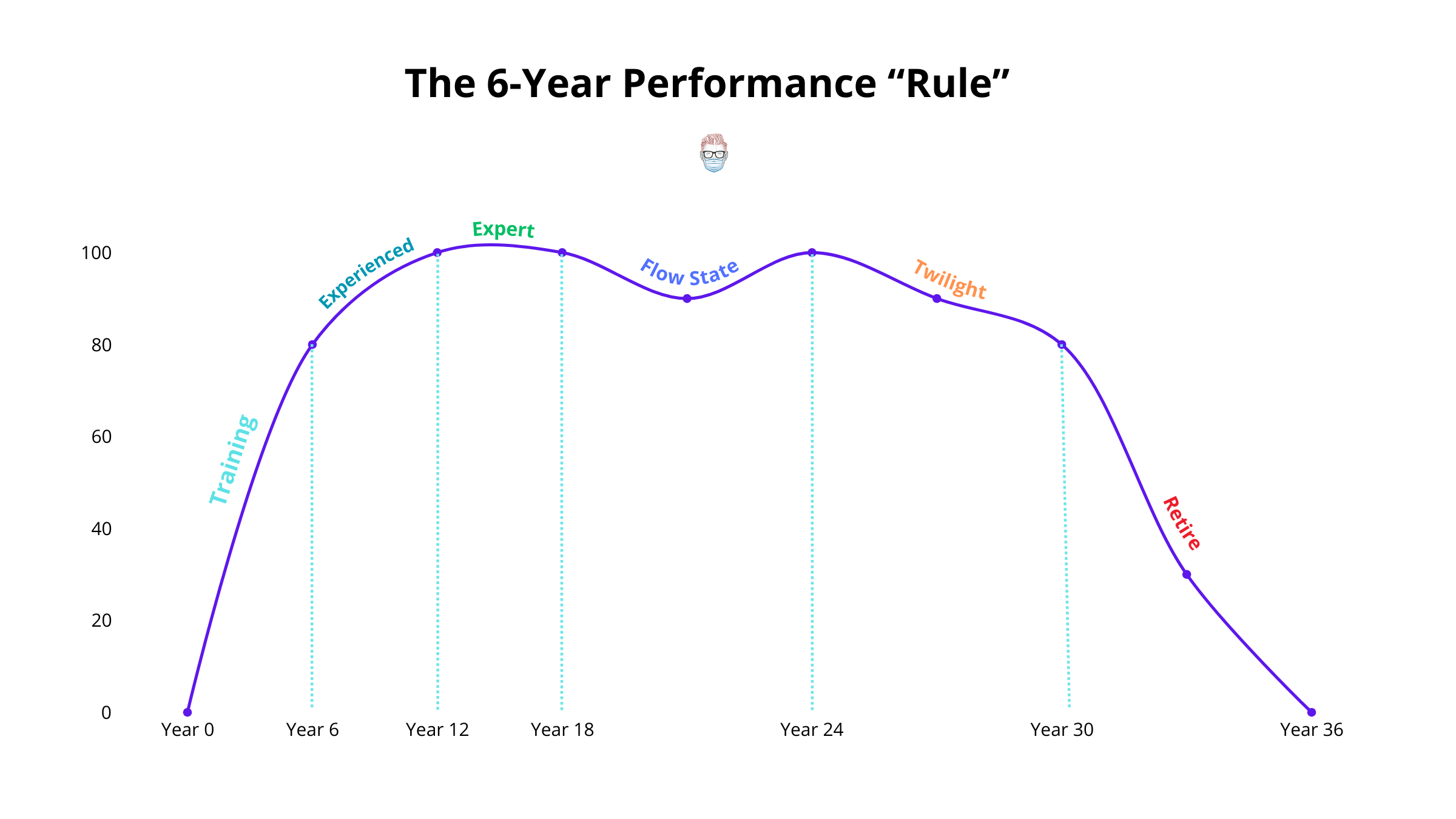
Is There Any Evidence?
I’ve looked into whether there’s any hard evidence to back this up, but so far, nothing concrete. Studies do show that experience impacts patient outcomes in various ways, but they don’t specifically confirm or deny this six-year cycle.
For instance:
- Young Surgeons: Studies like Waljee's in 2017 indicate that younger surgeons can perform just as well as their more seasoned counterparts.
- Veteran Surgeons: On the flip side, Chaudhry's 2009 study points out that surgeons with more experience tend to handle complex procedures better.
- Long-term Practice: However, there's also data suggesting that outcomes might decline after many years, as highlighted by Sultana et al. in 2022.
What Do You Think?
So, what’s your take on this? Have you noticed any patterns in your own career, or do you think the concept doesn’t hold up? I’d love to hear your thoughts and experiences on this topic.
Looking forward to hearing from you,
P'Fella ❤️
The Sunday Quiz
Microtia
Each edition of thePlasticsPaper includes a quiz question designed to challenge and engage our readers. Keep your wits about you and join in every week—the winner at the end of six rounds will earn you a $100 voucher.
Good luck!
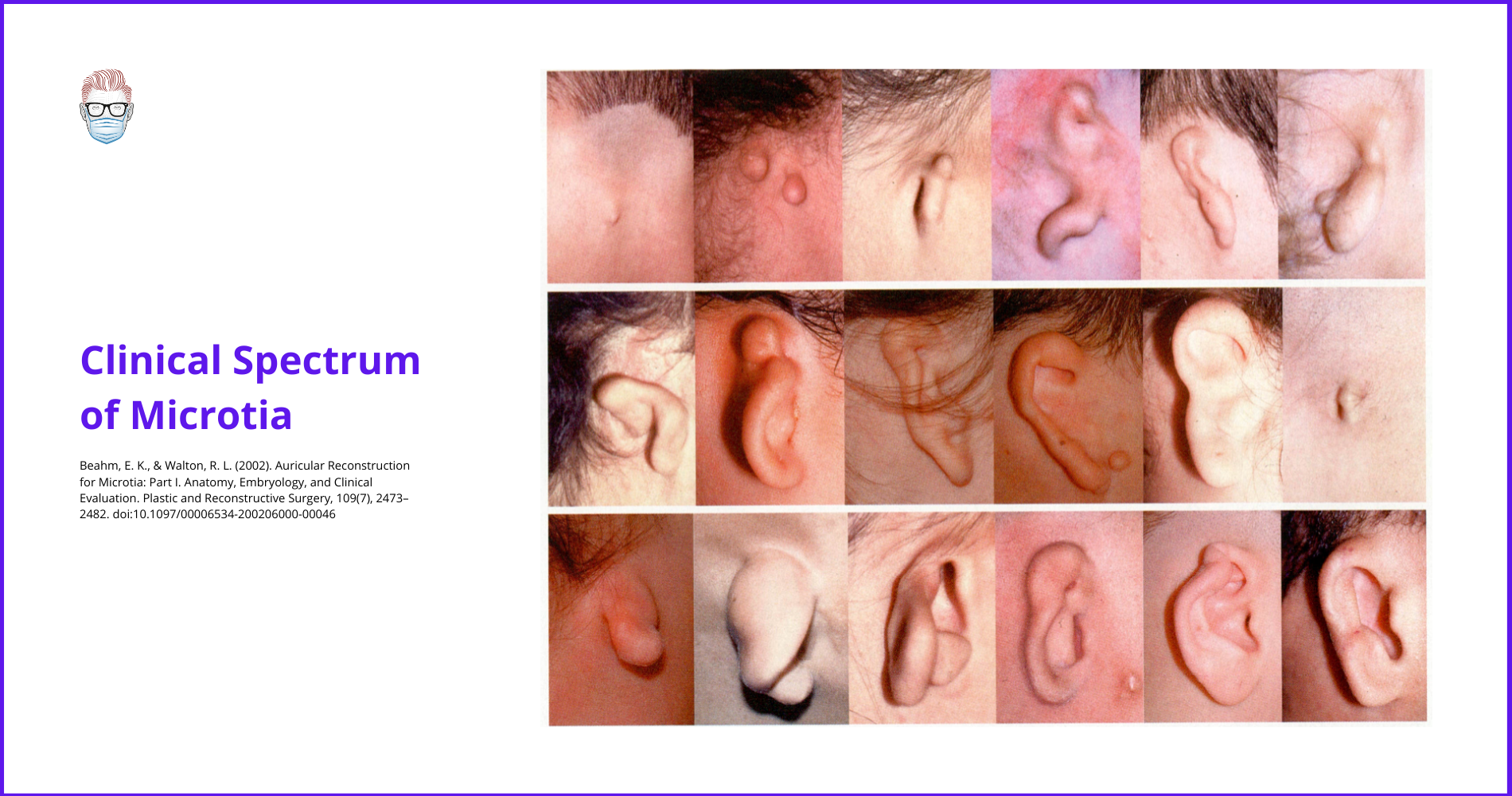
Upcoming Events
A Curated List of Webinars, Courses & Conferences.
New Features
Recorded Team Meetings coming soon!
Exciting news from the PlasticsFella Team!
We're kicking off fortnightly chats about all things plastic surgery and taking you behind the scenes at thePlasticsFella. We’ll also have expert guests joining us to tackle some of the trickier topics. Plus, we're publishing these sessions so we can all learn together.
What do you think about these logos? Vote for your favorite below!
What do you think of these logos? Vote below!



The Fellows' Corner
Infection +++
We’re really excited to share what we’ve been up to over the last couple of weeks. Our team of fellows have put together educational articles and clinical scenarios on infections of the hand.
Here’s what went live this week:
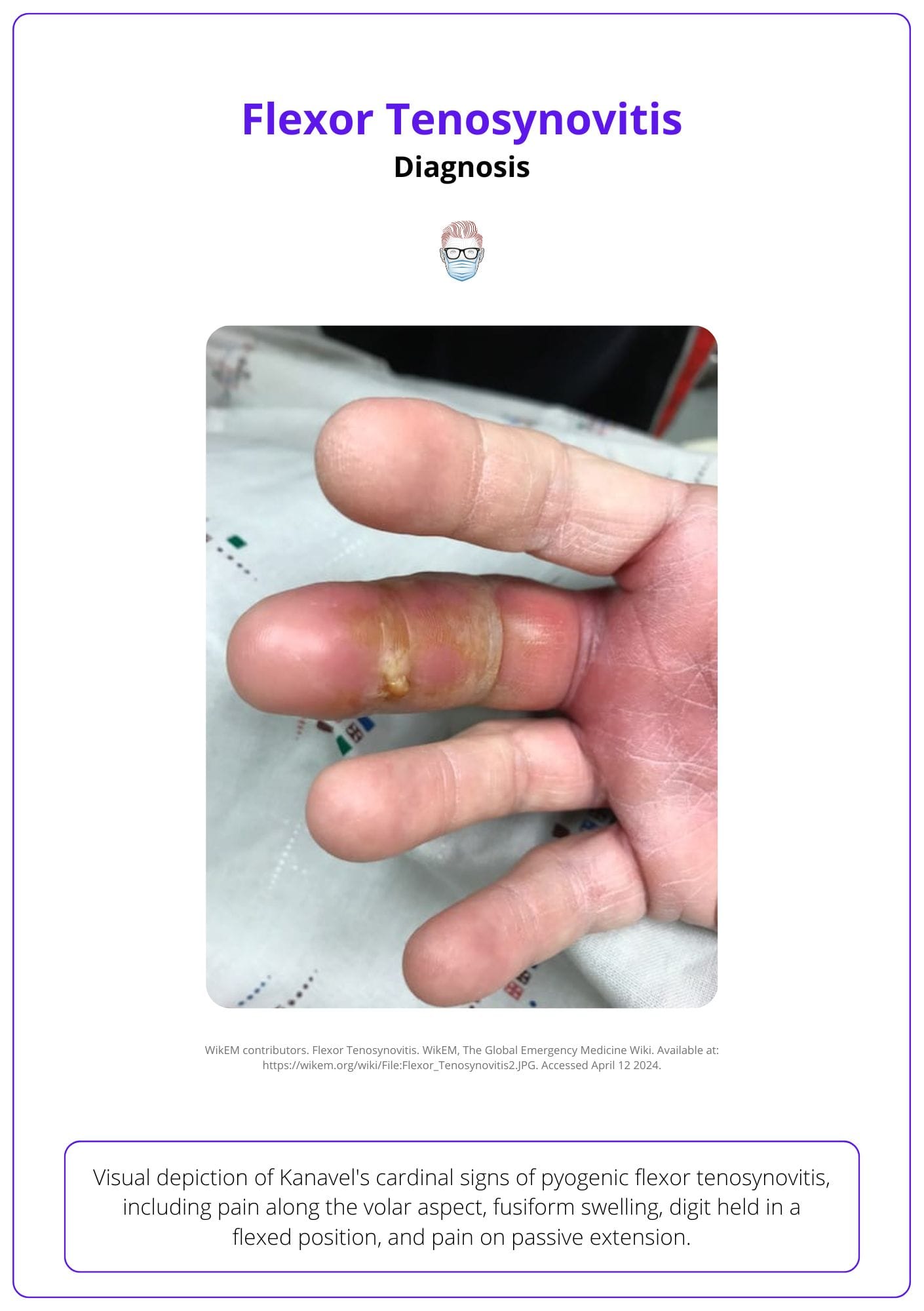
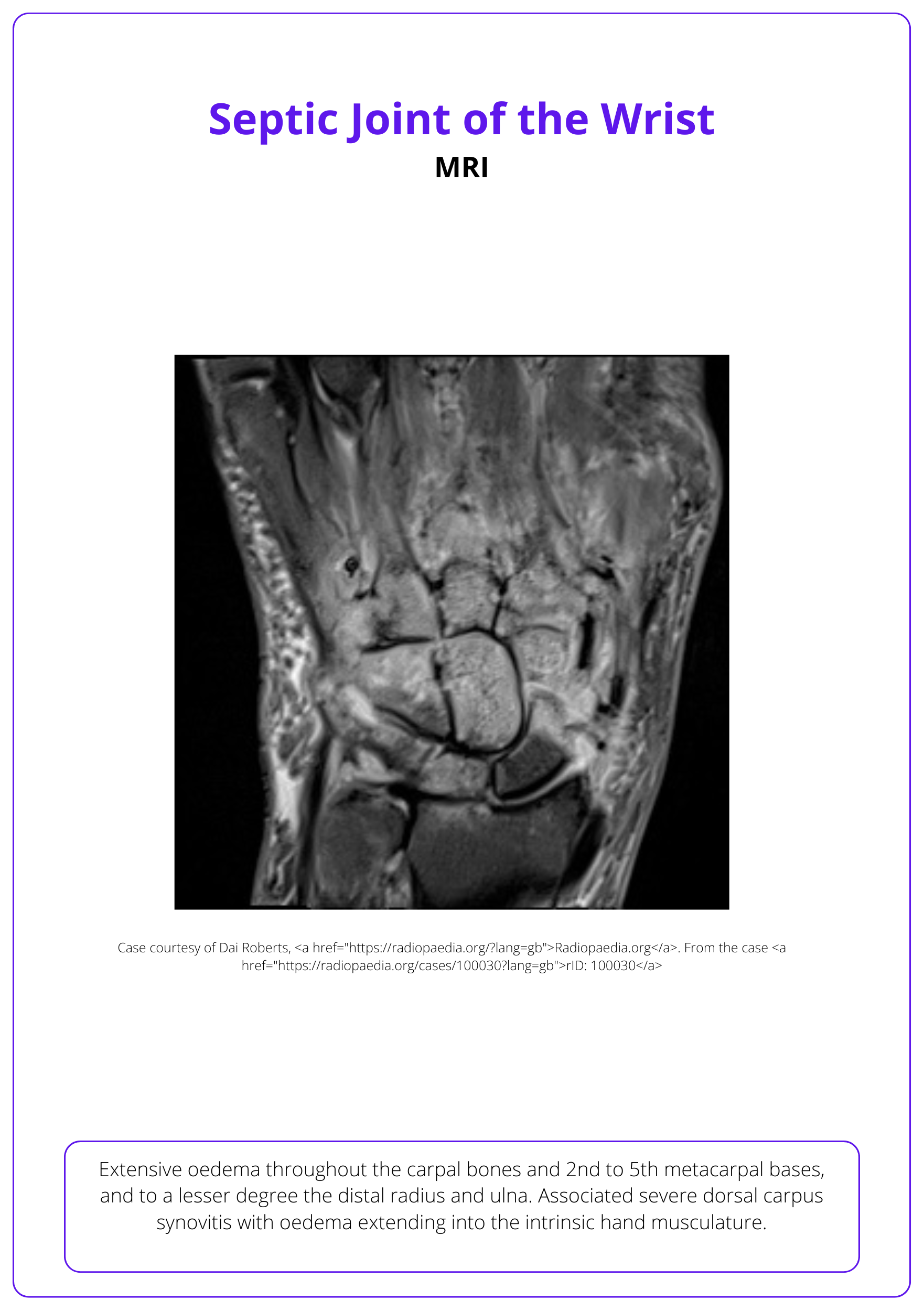
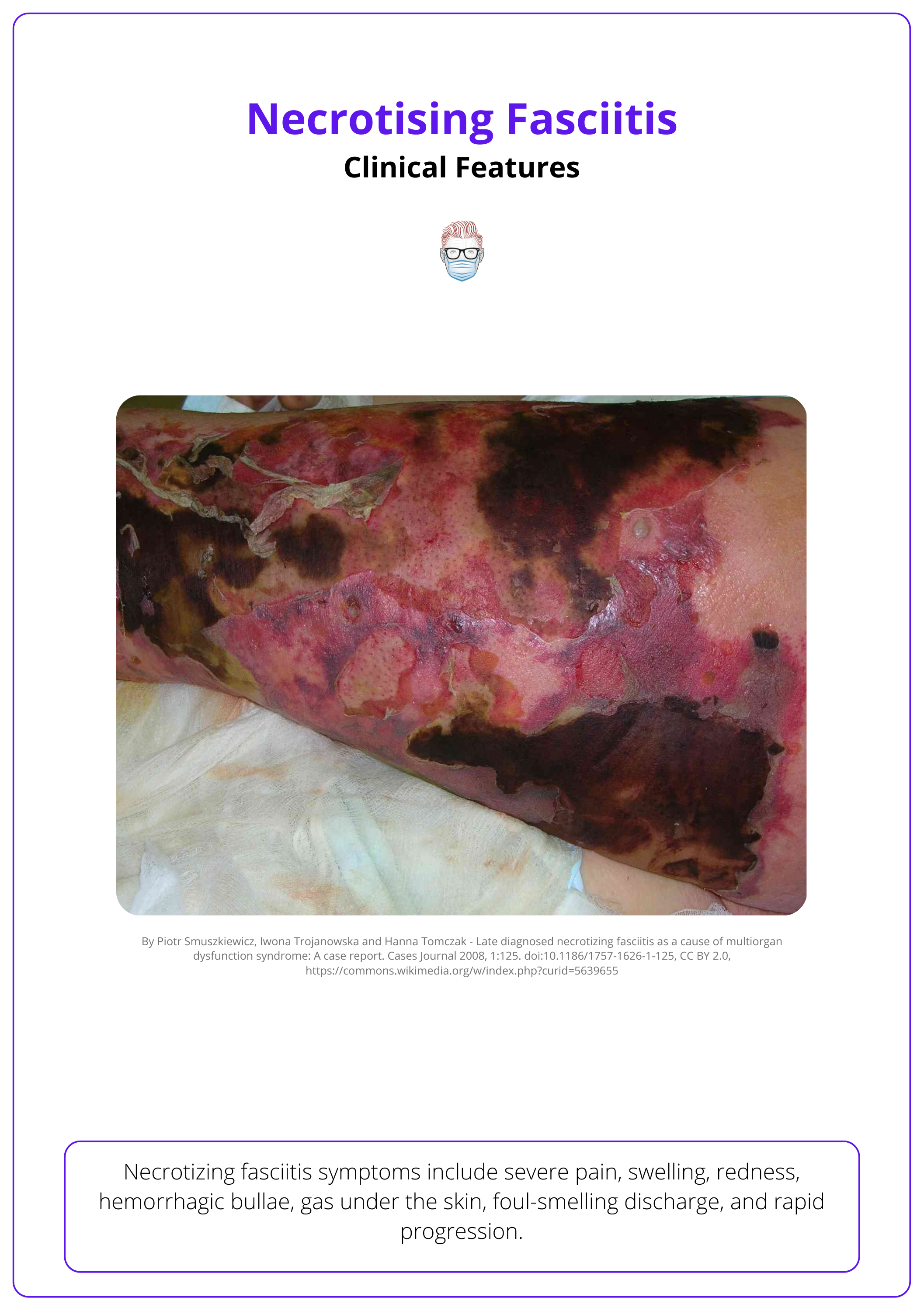
You can check on the articles below:
- Flexor Tenosynovitis: Main Article and Clinical Case
- Necrotising Fasciitis: Main Article and Clinical Case
- Septic Arthritis: Main Article and Clinical Case
What’s for Our Next Cycle?
Looking forward, we’re going to focus on Hand Trauma, and here's what to expect in our upcoming content:
- Thumb MCPJ UCL Injury
- Ring Avulsion Injury
- Seymour Fracture
Articles of the Week
3 Interesting Articles with 1 sentence summaries.
Explore the high rates of impostor phenomenon among plastic surgery residents and faculty, especially in women, impacting professional confidence and career progression.
This study scrutinizes ChatGPT's performance across 1,583 self-assessment questions, revealing a 36.2% success rate, with better results on text-only versus image-based questions.
A study on how fat injection is transforming breast augmentation: 880 procedures over 10 years reveal stable, safe results with minimal complications, perfect for both cosmetic and reconstructive enhancements.


